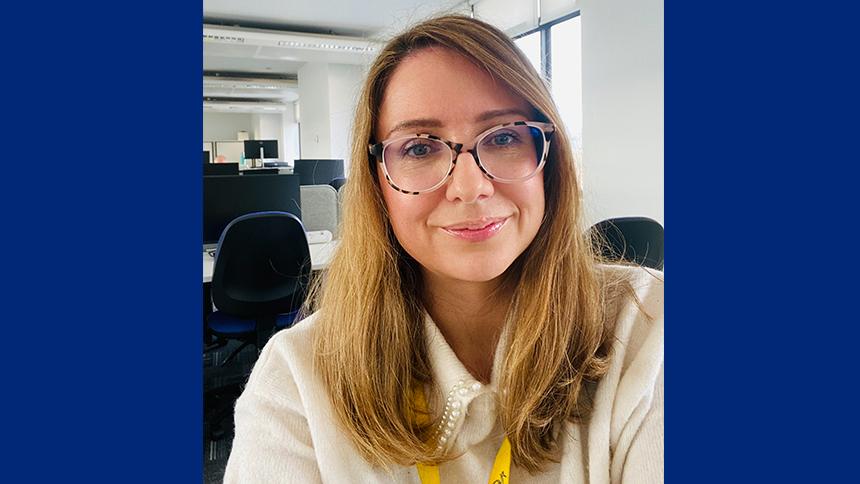Research into better diagnosis of dementia needs volunteers – people like you
Getting an early and accurate dementia diagnosis will only become more important as new treatments become available, so research into this area is vital.
Thanks to people taking part in dementia research, there’s been a lot of good news recently.
Along with new drugs and hope for future blood tests, we’re also learning more about reducing our risk of developing dementia.
‘Many of the evolving drug treatments and lifestyle changes are most effective when used early on,’ says Dr Dan Blackburn, Senior Lecturer and Honorary Consultant Neurologist at the University of Sheffield.
It is vital that we detect dementia early, so we can link people early to appropriate information, treatment and support.
Knowing what’s causing a person’s dementia – Alzheimer’s, vascular or Lewy body disease, or something else – is also important. These need to be detected and dealt with in different ways.

Monika and other researchers rely on volunteers taking part in studies.
‘Even the same disease, such as Alzheimer’s, can begin in different parts of the brain,’ says Dan. ‘We require the use of a range of detection methods to support accurate and timely diagnosis.
‘We also need tests that are low cost, non-invasive and scalable, saving more invasive investigations for later testing as necessary.’
Speech patterns
University of Sheffield researchers are developing a new way to detect dementia called CognoSpeak. This is being supported by the National Institute for Health and Care Research and others.
With CognoSpeak, a computerised ‘doctor’ asks questions and analyses your responses. It uses artificial intelligence (AI) to look for changes in your speech patterns that could be early signs of dementia.
‘Those who have some signs of memory and thinking problems will then be fast-tracked to specialist assessment,’ says Dan, ‘reducing waiting times and enabling earlier access to support.
So far, 900 people have tested the system, helping train the AI to recognise a wide range of speakers, and to differentiate those who are showing early signs of dementia.
Testing CognoSpeak takes around 20 minutes per person, and they’re looking for more people with all sorts of accents and from all backgrounds to take part.
You can get involved through Join Dementia Research, which may match you with other studies that might be of interest too.
Earlier detection
Join Dementia Research is also helping people take part in an Anglia Ruskin University study into a new way of detecting mild cognitive impairment (MCI).
MCI is where a person starts to have problems with their memory or thinking but doesn’t have dementia. It might be a sign they’ll develop dementia later, but it can be caused by other problems too.
‘We need tests that can screen for MCI well before dementia symptoms are noticeable for the individual and for their family members,’ says Monika McAtarsney-Kovacs, PhD researcher.
These tests should be reliable, cheap, non-invasive and easy to run at GP practices and memory clinics.
Visual memory
Monika is part of the team at Anglia Ruskin’s Vision and Eye Research Institute who are researching a computer-based test of visual short-term memory. This is an aspect of memory that isn’t included in the most commonly used ways to assess memory and thinking skills
The team has been testing different groups of people so they can compare results between them. They’re still looking for more volunteers aged 55 and over who have memory problems or an MCI diagnosis.
‘The involvement of the volunteers from Join Dementia Research has been a tremendous help,’ says Monika.
In this type of research, the most challenging part is usually to reach participants who meet the criteria of the study and who are willing to participate.
Join Dementia Research makes this so much faster and easier.
Research needs you
Call 0333 150 3456 and ask for the Join Dementia Research helpdesk or email [email protected]



Mrs Gill Barratt
says